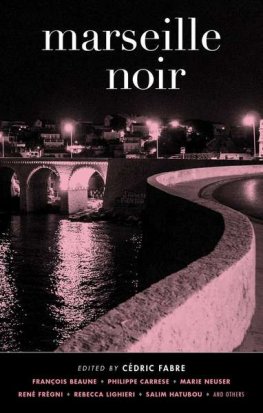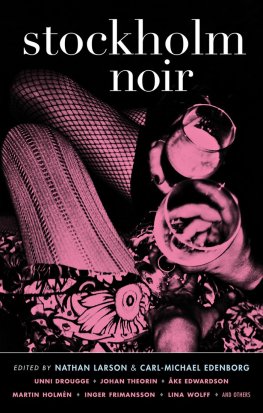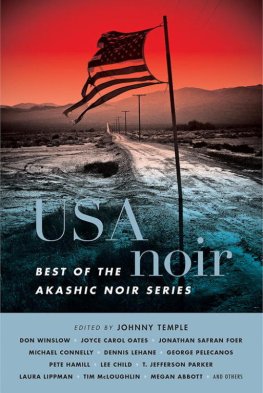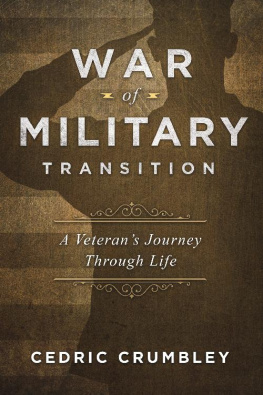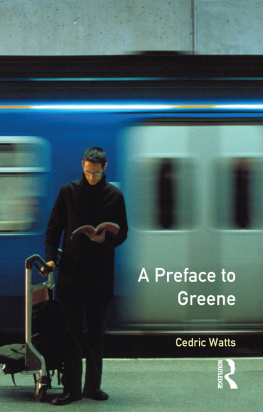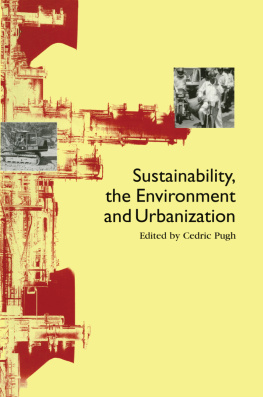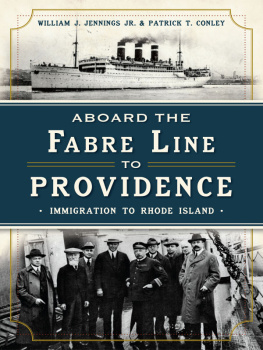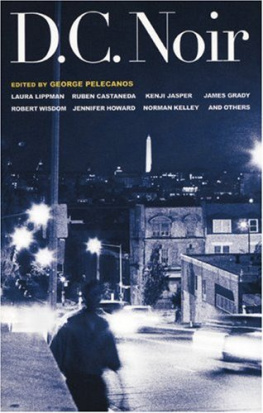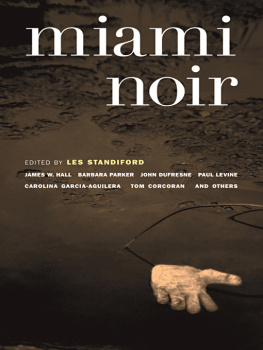Cédric Fabre - Marseille Noir
Here you can read online Cédric Fabre - Marseille Noir full text of the book (entire story) in english for free. Download pdf and epub, get meaning, cover and reviews about this ebook. year: 2015, publisher: akashic books, genre: Detective and thriller. Description of the work, (preface) as well as reviews are available. Best literature library LitArk.com created for fans of good reading and offers a wide selection of genres:
Romance novel
Science fiction
Adventure
Detective
Science
History
Home and family
Prose
Art
Politics
Computer
Non-fiction
Religion
Business
Children
Humor
Choose a favorite category and find really read worthwhile books. Enjoy immersion in the world of imagination, feel the emotions of the characters or learn something new for yourself, make an fascinating discovery.
- Book:Marseille Noir
- Author:
- Publisher:akashic books
- Genre:
- Year:2015
- Rating:3 / 5
- Favourites:Add to favourites
- Your mark:
- 60
- 1
- 2
- 3
- 4
- 5
Marseille Noir: summary, description and annotation
We offer to read an annotation, description, summary or preface (depends on what the author of the book "Marseille Noir" wrote himself). If you haven't found the necessary information about the book — write in the comments, we will try to find it.
Marseille Noir — read online for free the complete book (whole text) full work
Below is the text of the book, divided by pages. System saving the place of the last page read, allows you to conveniently read the book "Marseille Noir" online for free, without having to search again every time where you left off. Put a bookmark, and you can go to the page where you finished reading at any time.
Font size:
Interval:
Bookmark:
Marseille Noir

This book is dedicated to the loving memory of our friend Salim Hatubou, who left us on March 31, 2015.
The Authors

Introduction
Marseille Calling
In 1900, after fifty years of unprecedented growth and modernization that radically transformed the city, Marseille was the queen of the Mediterranean, tirelessly drawing its power from the vast French colonial empire. In the eyes of the writer and reporter Albert Londres, it had acquired the status of an imaginary court in a universal palace of trade. Its decline began in the 1960s, when France lost its colonies, and this accelerated with the oil crises of the following decade.
Marseilles past glory is still visible through its industrial remains: old, abandoned oil refineries, soap and brick factories you come upon at a bend in the road between LEstaque and Callelongue. Today, moving through the city from one end to the other can feel like a dive into a socioeconomic slump, with its decrepit villages and its housing projects in constant decay and an unemployment rate sometimes over 50 percent.
A postindustrial city might be defined by the distance that separates it from its golden age, because its at the heart of that space-time when a page of glorious history has been turned that the mythologies and fantasies, the resentments and nostalgias that play a part in shaking up and rebuilding its identity, are formed. For if its changes are sometimes blindingly obvious, its permanent features become more tangible. Marseille, always bound for elsewhere, wrote the French author and songwriter Pierre Mac Orlan. Unfortunately, the horizon seems lets say momentarily to remain optimistic out of reach, and the city is still trying to figure out a future for itself. And indeed, it does keep transforming, sometimes for the best, if only in its outward appearance. It was named the 2013 European Capital of Culture, and our dream is that a stimulus like this will be the opportunity for a new chapter. A city of tragedy it is partly Greek Marseille does, however, have resources, and can count on its formidably dynamic youth.
Marseille is a world citywhich makes one think of London more than Paris, in many ways a crossroads for the people of Europe and the Mediterranean, a city that welcomes all migrants and exiles. It is a city that embodies the rabble-rousing, tough-guy side of the whole French nation. People like its cocky humor and its accent as much as they fear its spirit of rebellion. In fact, its identity is often reduced to a sports slogan, Proud to be Marseillais, which also reflects a feeling of abandonment and helplessness. Here socioeconomic struggle brings people together and unites them just as much as the wins of the Olympique de Marseille soccer team. It has the aura of noir, an aura that its residents often love as much as they hate, enlightened or blinded by that southern light. You cant understand Marseille if youre indifferent to its light. It forces you to lower your eyes, said Jean-Claude Izzo, the extraordinary novelist who finally gave Marseille back its voice after decades of almost no decent literary fiction.
Fooled by clichs that it was partly responsible for creating, Marseille sometimes portrays itself with an unconscious, disorganized strategy to constantly scramble its image. The city is never where you think it is. Local elected officials have often denounced Marseille bashing in their speeches, promising to improve its image before they make a commitment to fix its problems. While the cover headline of a Parisian weekly recently read, Marseille, a Lost Territory for the Republicthe vast majority of its people respect the laws of the Republic, vote, and pay their taxes, thank you very much the New York Times declared it was the second must-visit destination, after Rio and before Nicaragua. Marseille is frequently reduced to the capital of delinquency and corruption in France. But for journalists looking for this raw reality, it is often difficult to grasp and define, since it is composed of a multiplicity of fictional fragments.
Marseilles violence has become the violence of a closed city, wedged between the sea and the hills and thus often turned against itself. The killings linked to drug deals are blown out of proportion; and the reality of the ever-increasing economic gap, between the north and south and the violence it results in, is neglected. Of course there is organized crime. Michel Foucault said its on the margins that the center is constructed. And local organized crime has been connected to politics for a long time, going back to the German occupation of France during World War II when the Gurini brothers chose the side of Gaston Defferre, an important figure in French history who went on to become the longtime mayor of Marseille. And the image of Marseille as a city of thugs goes back even further: it was in the second half of the nineteenth century that the city acquired the reputation of being dangerous, when crime was becoming organized little by little, and it continued all the way to the famous French connection of the 60s and 70s.
Today the crime tends to be disorganized, fragmented, more violent: the kids mowed down by gunfire are often under twenty-five.
In such a context, how can culture be given the place it deserves? Before Marseille was labeled the European Capital of Culture, we were already patching together garage rock concerts, beach parties with deejays, art shows, theater and dance performances, all with a do-it-yourself spirit. Each one in his or her own corner, more or less; private resourcefulness that held little interest for politicians. People deplored Marseilles constant reluctance to honor its own artists, musicians, and writers an old tradition. You had to leave in order to succeed. The writer Andr Suars, strolling through the neighborhoods of Sainte-Marthe, Saint-Andr, and Saint-Julien, said that we have always produced saints when poets were needed. Marseille writers are still not highly regarded, neither here nor elsewhere. Theyre accused of doing their Pagnola reference to Marcel Pagnols folksy plays that have become classics before theyre even read, and they remain largely unknown.
Yet how can one write about this city and its people any other way than through fiction? Reality here seems so completely unbelievable. If elsewhere the crime novel can claim a kind of socio-realism, in the tradition of Zola or Valls, here the genre can rapidly turn into social surrealism. Because here, a gang of youths can rob a downtown parking garage and manage it for months under the nose of the police, collecting money and raising the gates manually, before anyone finally intervenes; because here, too, when we try to honor a poet like Rimbaud (who died in Marseille) and we cant find an available stretch of an avenue or alley to bear his name, we settle the matter by baptizing a space in the Saint-Charles train station the Arthur Rimbaud Waiting Room inaugurated by none other than Patti Smith.
For all these and many more reasons, Marseille provides magnificent material for writing. For a long time, when it still had its eye on the sea, it was in fact a veritable open city for writers on shore leave.
Marseille belongs to whoever comes from the open sea, observed the poet and novelist Blaise Cendrars. Stendhal, Zola, and Mrime wrote of its excess, its fiery personality, and its cosmopolitanism. It welcomed some of the greatest globe-trotting writers: Joseph Conrad, Albert Londres, Pierre Mac Orlan, Blaise Cendrars, Walter Benjamin, Mary Jayne Gold, Claude McKay, Anna Seghers, Ousmane Sembene. all lost travel writers and novelists, advocates of a vagabond literature that turned Marseille into one of the capitals of world fiction well before the English defined the concept. The literary journal Les Cahiers du Sud, which was founded by Jean Ballard in 1925 and lasted into the mid-60s, was a brilliant illustration of this. At the same time, poets and lovers of literature were growing up in the city, from Victor Glu to Louis Brauquier, as well as Andr Suars, all largely forgotten today. Its not surprising that it became a capital of rap and slam poetry, for Marseille knows, intimately, what popular culture means.
Font size:
Interval:
Bookmark:
Similar books «Marseille Noir»
Look at similar books to Marseille Noir. We have selected literature similar in name and meaning in the hope of providing readers with more options to find new, interesting, not yet read works.
Discussion, reviews of the book Marseille Noir and just readers' own opinions. Leave your comments, write what you think about the work, its meaning or the main characters. Specify what exactly you liked and what you didn't like, and why you think so.

